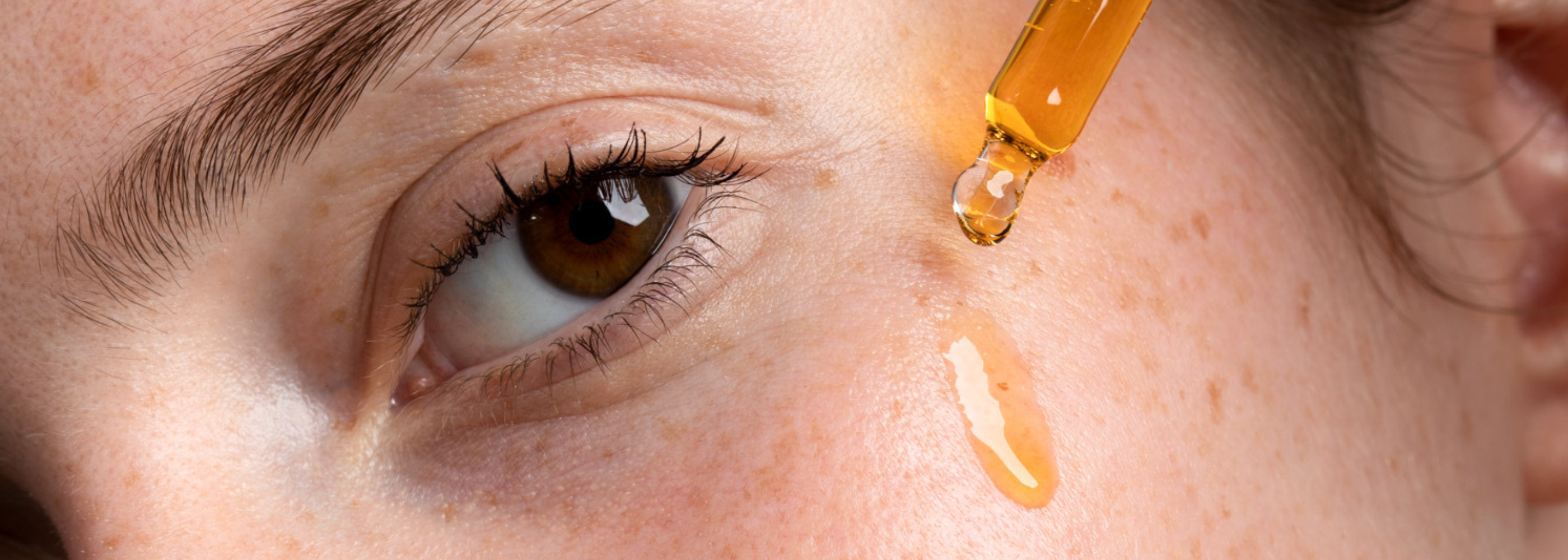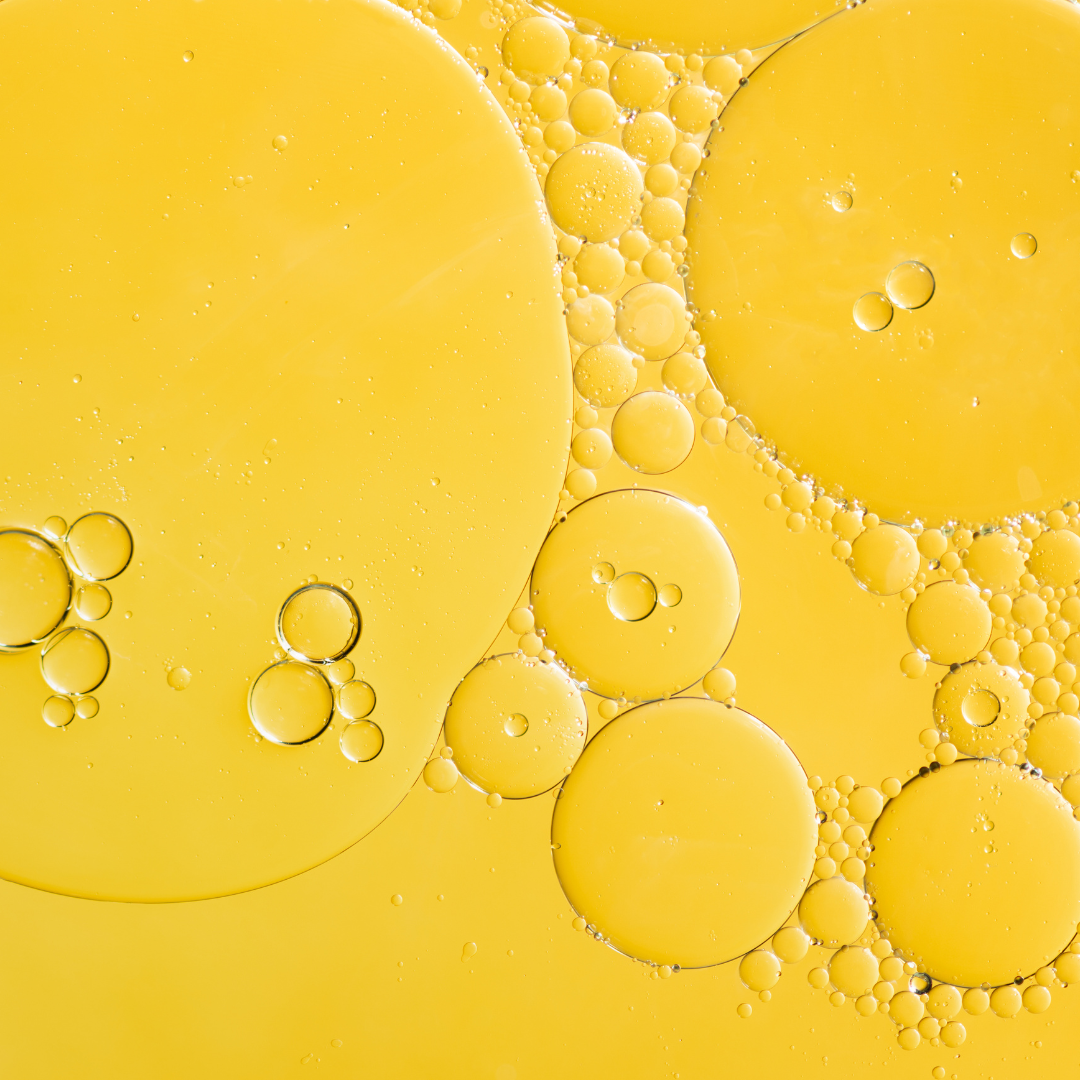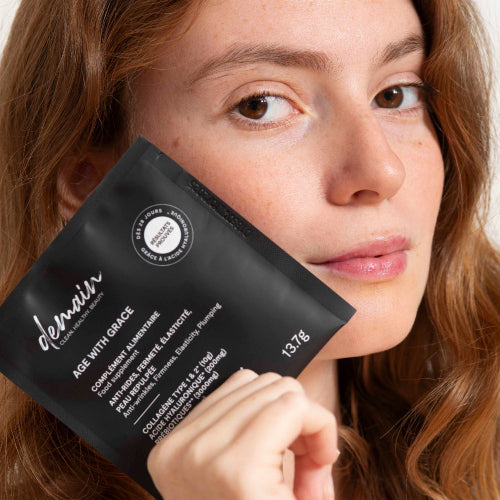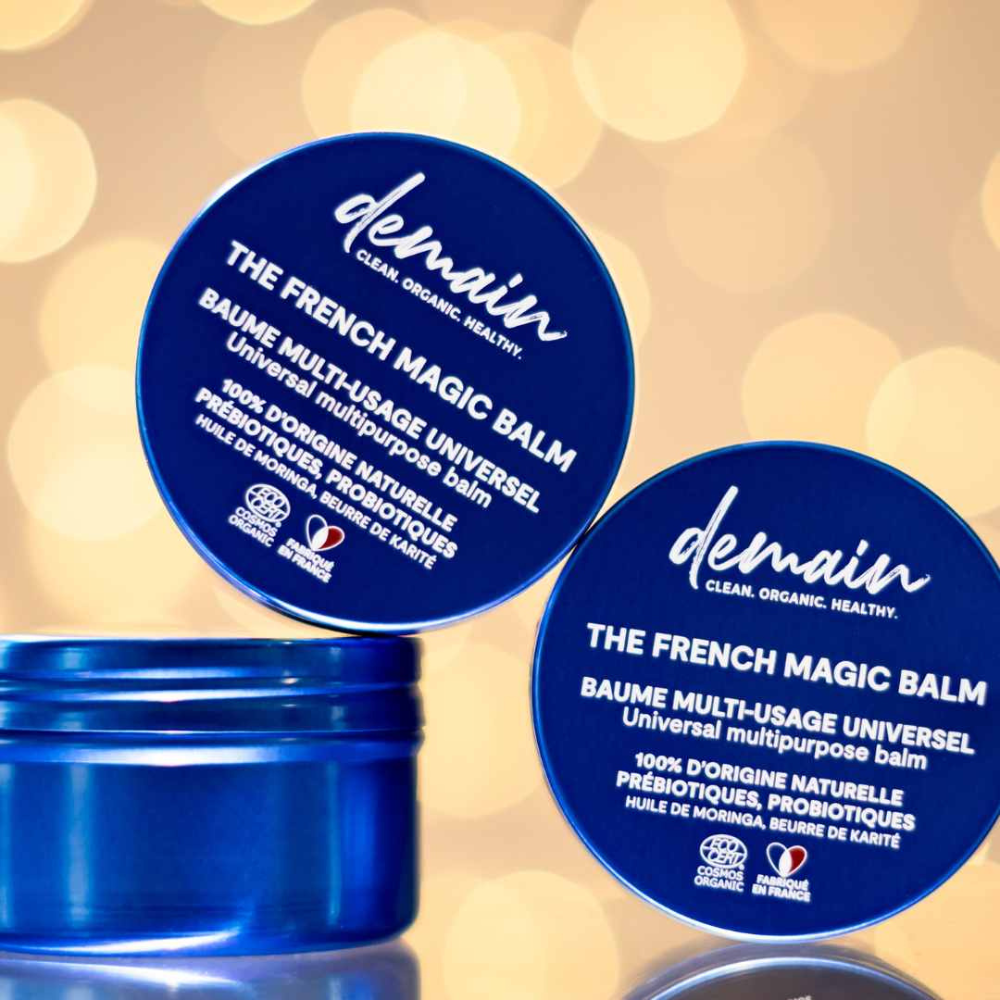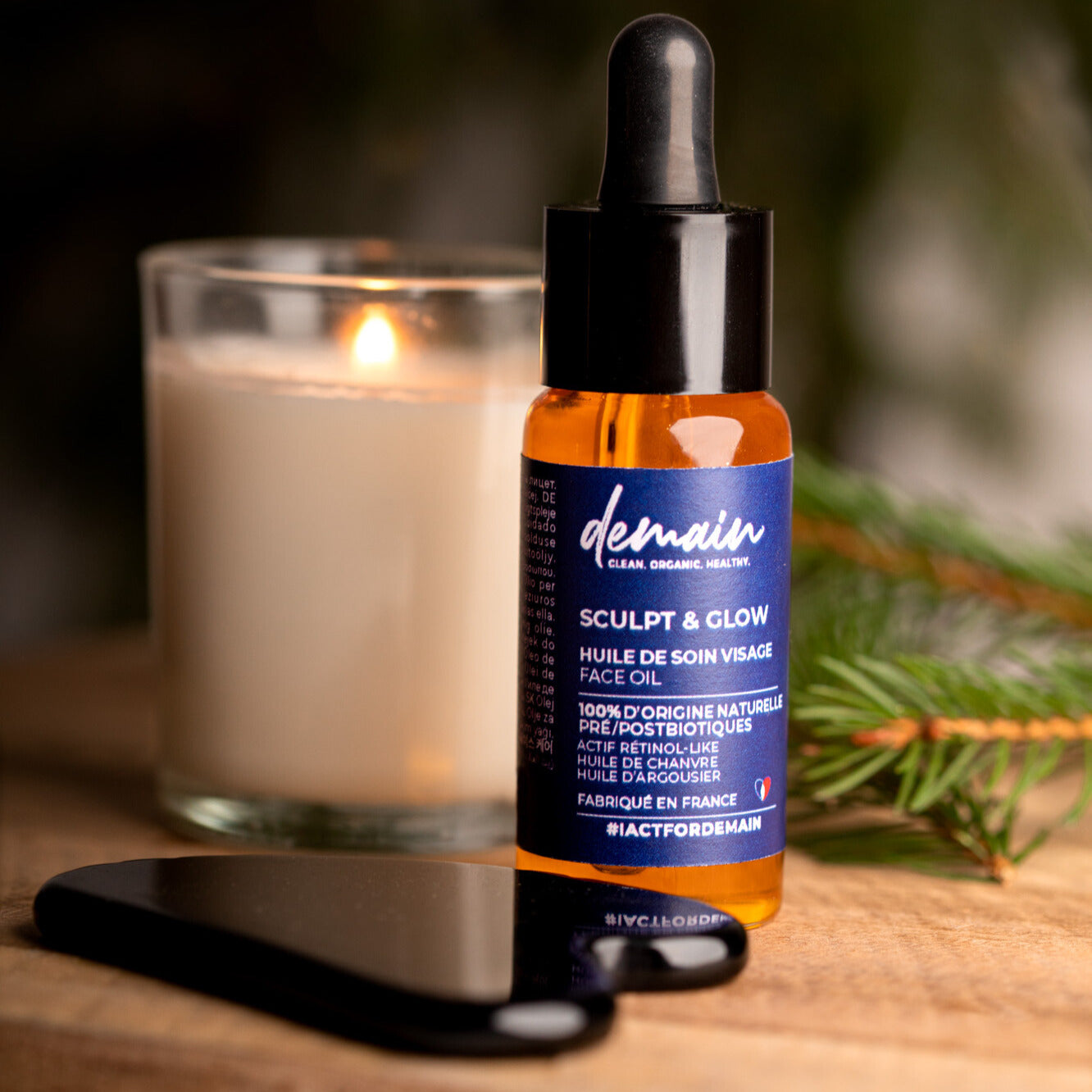Immerse yourself in the soothing world of essential oils. Whether it's true lavender, ylang-ylang, or tea tree, these natural plant extracts are known for their relaxing properties. Used in aromatherapy or diffusion, they offer a wide range of benefits for your well-being. So, let yourself be guided by the aromas of these 100% pure and natural essential oils for a unique moment of relaxation.
Understanding Essential Oils
Essential oils are concentrated plant extracts obtained through steam distillation or cold pressing. Each oil retains the therapeutic properties of the original plant, which explains their use in various fields such as health, beauty, and well-being.
Chemical components in these oils, such as linalool or terpene esters, are responsible for their calming and relaxing properties. These molecules act on the nervous system, helping to reduce stress, tension, and anxiety.
Oil quality is an essential factor to consider. A quality essential oil must be 100% pure, natural, and preferably organic. It's also important to check its chemotype, which guarantees its precise chemical composition.
Be aware that each essential oil has specific properties and specific uses. Some are recommended for diffusion, while others are better suited for topical application or inhalation. It is therefore essential to seek careful advice before use.
The importance of the diffuser in the use of oils
The diffuser plays a vital role in harnessing the benefits of essential oils. By transforming these oils into lightweight microparticles, it allows them to disperse into the surrounding air. Choosing the right diffuser is therefore crucial, both for the quality of diffusion and for safety of use.
There are several types of diffusers: nebulizing, gentle heat, ultrasonic, and even fan-assisted. Each has its own specific features and benefits. For example, the nebulizing diffuser best preserves the properties of essential oils, while the ultrasonic model is appreciated for its gentle diffusion and air humidification.
For optimal use, it is recommended to follow the manufacturer's instructions and clean your diffuser regularly to prevent clogging and deterioration of the oils. Additionally, some essential oils are not suitable for diffusion, so it is important to check this information before use.
The benefits of tea tree and peppermint oil
Tea tree oil and peppermint are two essential oils with multiple benefits. Known for its antibacterial properties, tea tree oil is used to cleanse the skin and fight blemishes. It also helps strengthen the immune system thanks to its immunostimulant properties.
Peppermint , on the other hand, is valued for its refreshing and invigorating properties. It is effective in relieving headaches and stimulating digestion. In addition, its anesthetic properties make it particularly useful for soothing muscle and joint pain.
By combining these two essential oils, we obtain a blend with purifying, toning and soothing properties.
The soothing virtues of lavender
Lavender , a true ally for well-being, has precious soothing properties. Its essential oil, particularly that of true or fine lavender, is highly valued in aromatherapy .
- It is known for its calming effects on the nervous system, ideal for promoting sleep and reducing stress .
- When diffused, it creates a serene and welcoming atmosphere while purifying the air.
- On the skin, its anti-inflammatory and regenerative properties make it useful for soothing and repairing irritated or acne-prone skin.
- In case of insect bites, its application can relieve itching and inflammation.
Lavender is therefore a treasure of nature which offers relaxation and serenity to our daily lives.
Using Wintergreen and Ravintsara Oil
Wintergreen oil and ravintsara oil are popular for their various therapeutic properties.
Wintergreen , known for its anti-inflammatory and antispasmodic effects, is particularly appreciated for relieving muscle and joint pain . It is generally used as a cutaneous application, diluted in a vegetable oil, on the affected area.
As for ravintsara oil , it is known for its antiviral and immunostimulant properties. It is often used in cases of respiratory conditions, such as the flu or bronchitis. It can be used by diffusion, inhalation, or cutaneous application, always diluted in a vegetable oil.
These two essential oils can be combined to enhance their effectiveness. However, it is crucial to respect the dosages and test your skin tolerance before use.
Properties of eucalyptus and lemon oils
Eucalyptus and lemon oils are known for their many beneficial properties .
Eucalyptus oil, rich in eucalyptol, is known for its invigorating and purifying properties . It is often used to boost energy, focus, and clear the airways.
As for lemon oil, it is valued for its cleansing and refreshing properties . It is frequently used to purify the air, boost mood and strengthen the immune system.
These two oils can be used alone or in synergy to benefit from their complementary benefits.
How to use ylang ylang and niaouli oil correctly
Ylang ylang oil, known for its calming and relaxing properties, is particularly effective in relieving stress and heart rhythm disturbances. Applied as a massage, diluted in a carrier oil, it helps relieve muscle pain.
Niaouli oil, on the other hand, is valued for its energizing and purifying properties. Used as an inhalation, it helps clear the airways during winter infections. It can also be applied neat topically to affected areas before radiotherapy, then diluted 50% in a carrier oil afterward.
These two oils can be used synergistically for a complementary effect. However, it is essential to follow the recommended dosages and perform a skin test before using these essential oils on the skin.
How to choose and buy your essential oils?
When purchasing essential oils, there are several criteria to consider to ensure a quality product. First, check the botanical origin of the oil. The Latin name of the plant should be specified on the bottle. Next, make sure the oil is 100% pure and natural , with no added fragrances or synthetic molecules.
Choose oils that are certified organic or carry quality labels such as HEBBD (Botanically and Biochemically Defined Essential Oil). These labels guarantee environmentally friendly cultivation and proper distillation.
Finally, don't forget to check the expiration date . Essential oils are natural products that can degrade over time.
Where to find essential oils?
When it comes to purchasing, you have several options: pharmacies, organic stores, supermarkets, or even specialized online stores. Whichever you choose, it's crucial to research the seller thoroughly to ensure the quality of their products.
How to use essential oils?
Finding the Right Diffuser for Your Essential Oils
Choosing the right diffuser is a key factor in getting the most out of your essential oils. Several types of diffusers exist, each with its own unique characteristics.
- Nebulizing diffusers operate without water or heat. They diffuse pure essential oils, allowing for a more concentrated and effective diffusion.
- Ultrasonic diffusers use water and ultrasonic waves to create a mist of water and essential oils. This type of diffuser is generally more economical and can also serve as a humidifier.
- Gentle heat diffusers gently warm oils to aid evaporation. They are quiet and energy efficient, but can alter the composition of essential oils.
- Fan diffusers propel essential oils into the air using a fan. They are typically used for large rooms.
Your choice may depend on several factors, such as the size of the room, budget, diffuser design, but also your preference in terms of diffusion intensity.
Which essential oils for diffusers?
To promote relaxation, several essential oils stand out for their soothing properties.
Bergamot essential oil is known for its calming and balancing properties. It helps manage stress and emotional tension.
Clary sage essential oil is known for its relaxing and sedative properties. It promotes restful sleep.
Roman chamomile essential oil offers a feeling of well-being and relaxation. It is ideal for combating insomnia and anxiety.
Petitgrain bigarade essential oil has calming effects on the nervous system. It helps combat stress and anxiety.
Vetiver essential oil is known for its relaxing and balancing properties. It is often used to alleviate sleep disturbances.
Each essential oil has its own characteristics and benefits. It is recommended to use them in synergy to maximize their effectiveness.


